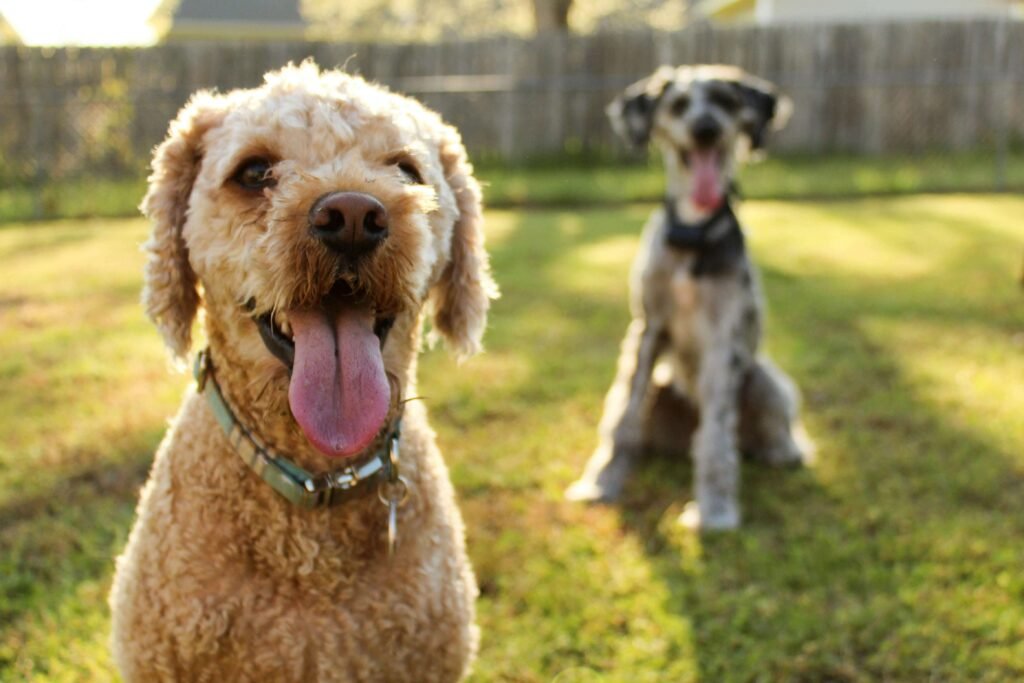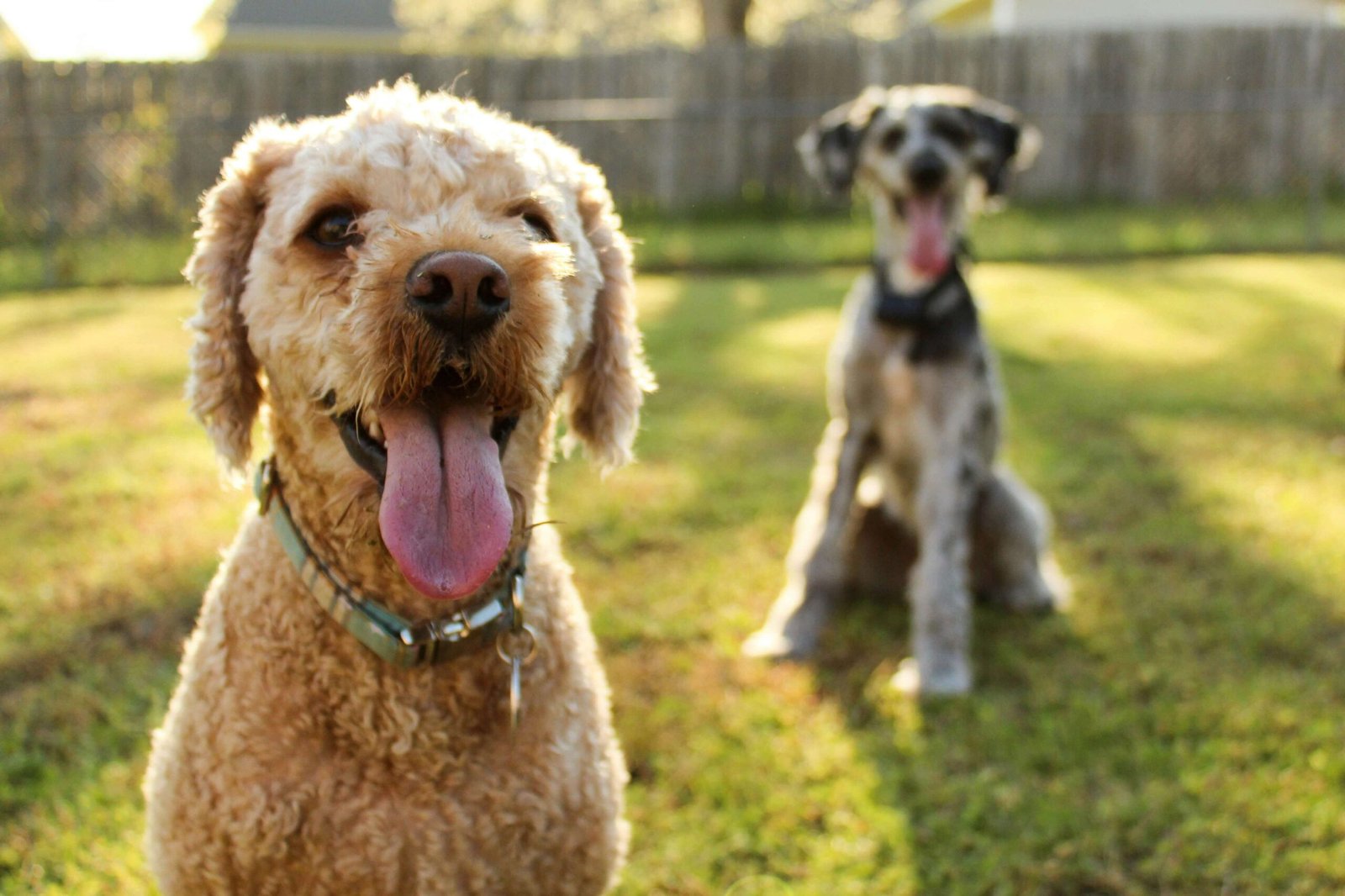Can Dogs Eat Popcorn?
Popcorn is a beloved snack for humans, often enjoyed during movie nights or as a quick treat. But what about our furry friends? Many dog owners wonder whether it’s safe to share this crunchy delight with their canine companions. While plain popcorn can be a harmless occasional treat for most dogs, certain factors—such as added ingredients and portion sizes—can make it less than ideal. Understanding the dos and don’ts of feeding popcorn to your dog ensures their safety and well-being. Let’s dive into everything you need to know about sharing this popular snack with your four-legged friend.
Is Popcorn Safe for Dogs?
When it comes to feeding popcorn to your dog, not all types are created equal. Here’s a breakdown of what makes popcorn safe—or unsafe—for your pup.
Plain, Air-Popped Popcorn Is Generally Safe:
Plain popcorn, free from salt, butter, or seasonings, is low in calories and can be a fun, occasional snack for dogs.Avoid Butter and Oils:
Butter and oils add unnecessary fats that can upset your dog’s stomach or lead to weight gain over time.Steer Clear of Salted Popcorn:
High sodium levels in salted popcorn can dehydrate your dog and strain their kidneys if consumed regularly.No Artificial Flavors or Sweeteners:
Flavored popcorn often contains artificial additives or sweeteners like xylitol, which are toxic to dogs.Watch for Choking Hazards:
Unpopped kernels or large pieces of popcorn can pose choking risks, especially for smaller breeds.
By choosing the right type of popcorn and serving it in moderation, you can safely include it as an occasional treat in your dog’s diet.

Nutritional Value of Popcorn for Dogs
While popcorn isn’t a nutritional powerhouse, it does offer some minor benefits when served plain and in moderation. These points highlight its potential value and limitations.
Low-Calorie Treat Option:
Plain popcorn is light on calories, making it a guilt-free snack for dogs watching their weight.Source of Fiber:
Popcorn contains dietary fiber, which can support healthy digestion when fed in small amounts.Minimal Protein Content:
Popcorn lacks significant protein, so it shouldn’t replace nutrient-dense foods in your dog’s diet.Contains Trace Minerals:
Popcorn has small amounts of magnesium and phosphorus, which contribute to overall health in tiny doses.Not a Complete Food:
While it offers some nutrients, popcorn doesn’t provide the balanced nutrition dogs need from their primary meals.
Incorporating plain popcorn occasionally can be a fun way to mix up your dog’s treats without compromising their health.
Check this guide 👉Can Dogs Eat Brown Rice? Best 7 Expert Tips!
Check this guide 👉Can Dogs Eat Blackberries? Best 7 Expert Tips!
Check this guide 👉Can Dogs Eat Peanuts? Best 7 Expert Tips!
Safe Ingredients in Popcorn | Unsafe Ingredients to Avoid |
|---|---|
Plain, air-popped kernels | Butter and oil |
No salt or seasoning | Artificial flavors |
Small portions | Xylitol or other sweeteners |
Freshly popped popcorn | Pre-packaged microwave popcorn |
Unsweetened varieties | Kettle corn or caramel popcorn |
Tips for Serving Popcorn to Your Dog
If you decide to share popcorn with your dog, following these tips ensures it remains a safe and enjoyable experience.
Serve It Plain and Unsweetened:
Always opt for plain popcorn without any added sugars, salts, or flavorings.Remove Unpopped Kernels:
Sift through the bowl to remove unpopped kernels, which could harm your dog’s teeth or cause choking.Limit Portion Sizes:
A handful of popcorn is plenty for a dog—too much can lead to digestive upset or excessive calorie intake.Introduce Gradually:
Offer a few pieces at first to monitor how your dog reacts before giving larger amounts.Supervise During Snack Time:
Keep an eye on your dog while they eat popcorn to ensure they chew properly and avoid choking hazards.
These guidelines help you share popcorn responsibly, keeping your dog happy and healthy.
Signs Your Dog Shouldn’t Have Popcorn
While most dogs tolerate plain popcorn well, some may have sensitivities or conditions that make it unsuitable. Look out for these signs before offering this snack again.
Digestive Upset After Eating:
Vomiting, diarrhea, or gas after consuming popcorn may indicate intolerance or sensitivity.Allergic Reactions:
Rare cases of allergies can occur, characterized by itching, swelling, or difficulty breathing.Dental Issues:
Dogs with dental problems may struggle to chew popcorn, leading to discomfort or injury.Weight Gain Concerns:
Overweight or obese dogs should avoid extra snacks, even low-calorie ones like popcorn.Preexisting Health Conditions:
Dogs with kidney issues or pancreatitis should steer clear of salty or fatty snacks entirely.
Recognizing these warning signs helps you determine whether popcorn is appropriate for your dog.
Potential Risks of Feeding Popcorn
While popcorn can be a harmless snack, there are risks associated with improper preparation or overindulgence. Being aware of these dangers helps you protect your dog’s health.
Choking Hazards from Kernels:
Hard, unpopped kernels can get lodged in your dog’s throat, especially in smaller breeds.Digestive Blockages:
Large quantities of popcorn can form clumps in your dog’s stomach, potentially causing blockages.Excessive Sodium Intake:
Salted popcorn can lead to dehydration or electrolyte imbalances in dogs.Toxic Additives in Flavored Varieties:
Ingredients like garlic powder, cheese, or artificial sweeteners can harm your dog’s system.Weight Gain from Frequent Treats:
Even low-calorie snacks can contribute to obesity if given too frequently.
Understanding these risks ensures you feed popcorn responsibly and minimize potential harm.
Alternatives to Popcorn for Dogs
If you’re looking for healthier or more nutritious snack options for your dog, consider these alternatives to popcorn.
Carrot Sticks:
Crunchy carrots are low in calories and rich in vitamins, making them a great choice for dogs.Apple Slices (Seedless):
Apples provide natural sweetness and fiber, as long as seeds and cores are removed.Blueberries:
These tiny berries are packed with antioxidants and make excellent bite-sized treats.Green Beans:
Steamed or raw green beans are hydrating and full of nutrients without adding extra calories.Peanut Butter (Xylitol-Free):
A small dollop of peanut butter can satisfy cravings, provided it doesn’t contain harmful additives.
These alternatives offer variety and better nutritional value compared to popcorn.
Training Tips Using Popcorn
Using popcorn as a training reward can be effective if done correctly. Follow these tips to incorporate it into your dog’s learning process.
Use Tiny Pieces for Rewards:
Break popcorn into smaller bits to prevent overfeeding during training sessions.Pair with Positive Reinforcement:
Combine popcorn rewards with verbal praise to reinforce desired behaviors effectively.Limit Use During Sessions:
Reserve popcorn for short training bursts to avoid excess calories or boredom.Monitor Engagement Levels:
Ensure your dog remains motivated by alternating between popcorn and other treats.End on a High Note:
Finish each session with a favorite treat or activity to leave your dog feeling accomplished.
Using popcorn strategically can enhance training outcomes while keeping your dog engaged and excited.
Frequently Asked Questions About Dogs and Popcorn
Can dogs eat popcorn every day?
No, popcorn should only be given occasionally due to its low nutritional value and potential for digestive upset.
Is buttered popcorn bad for dogs?
Yes, buttered popcorn can upset your dog’s stomach and lead to weight gain or pancreatitis.
Are unpopped kernels dangerous for dogs?
Yes, unpopped kernels can pose a choking hazard or cause intestinal blockages if swallowed.
Can puppies eat popcorn?
It’s best to avoid giving popcorn to puppies, as their digestive systems are more sensitive.
What should I do if my dog eats too much popcorn?
Monitor your dog closely for symptoms like vomiting or diarrhea, and contact your vet if necessary.
Does popcorn have any health benefits for dogs?
While it contains some fiber, popcorn doesn’t provide significant health benefits for dogs.
Making Smart Choices for Your Dog’s Diet
While popcorn can be a fun and harmless snack for dogs when prepared correctly, it’s important to prioritize their overall nutrition and health. By sticking to plain, air-popped varieties and monitoring portion sizes, you can enjoy sharing this treat without worry. However, always remember that moderation is key, and not every dog will tolerate popcorn well. When in doubt, consult your veterinarian to ensure your dog’s unique needs are met. With thoughtful consideration, you can keep snack time both enjoyable and safe for your furry companion.
Pemphigus Erythematosus in Cats: Best 7 Expert Tips! – Learn to recognize symptoms, manage flare-ups, and improve your cat’s quality of life.
Pemphigus Erythematosus in Dogs: Best 7 Expert Tips! – Discover causes, symptoms, and treatment options to manage this autoimmune skin condition effectively.
Cat Tympanic Membrane: Best 7 Expert Tips! – Learn how to protect your cat’s eardrum, spot issues early, and ensure lifelong auditory health.
Dog Tympanic Membrane: Best 7 Expert Tips! – Learn how to protect your dog’s eardrum, spot issues early, and ensure lifelong ear health with expert advice.





